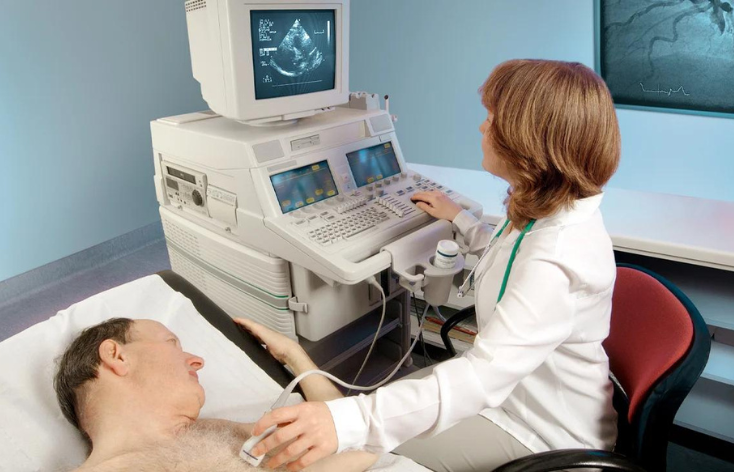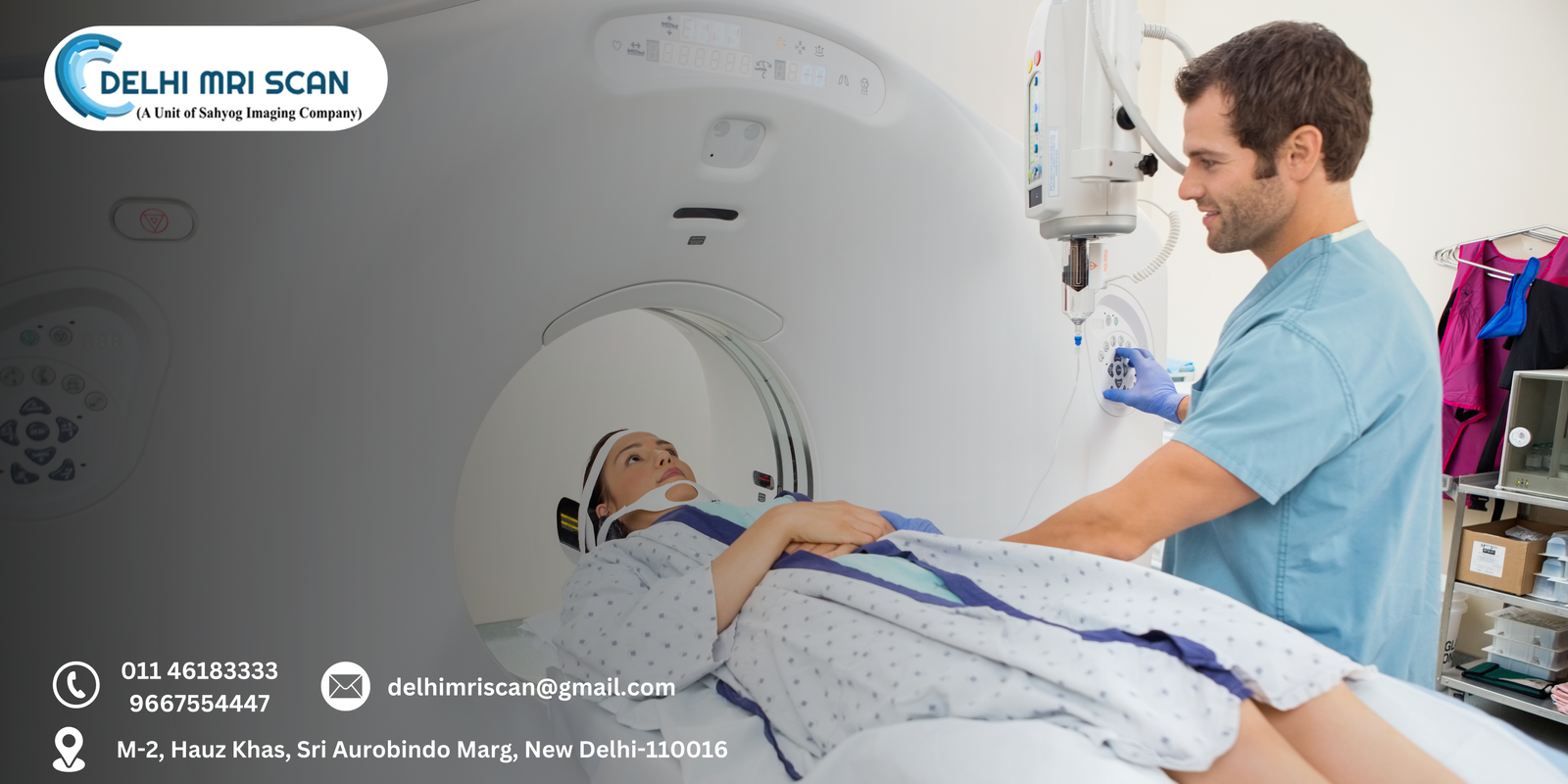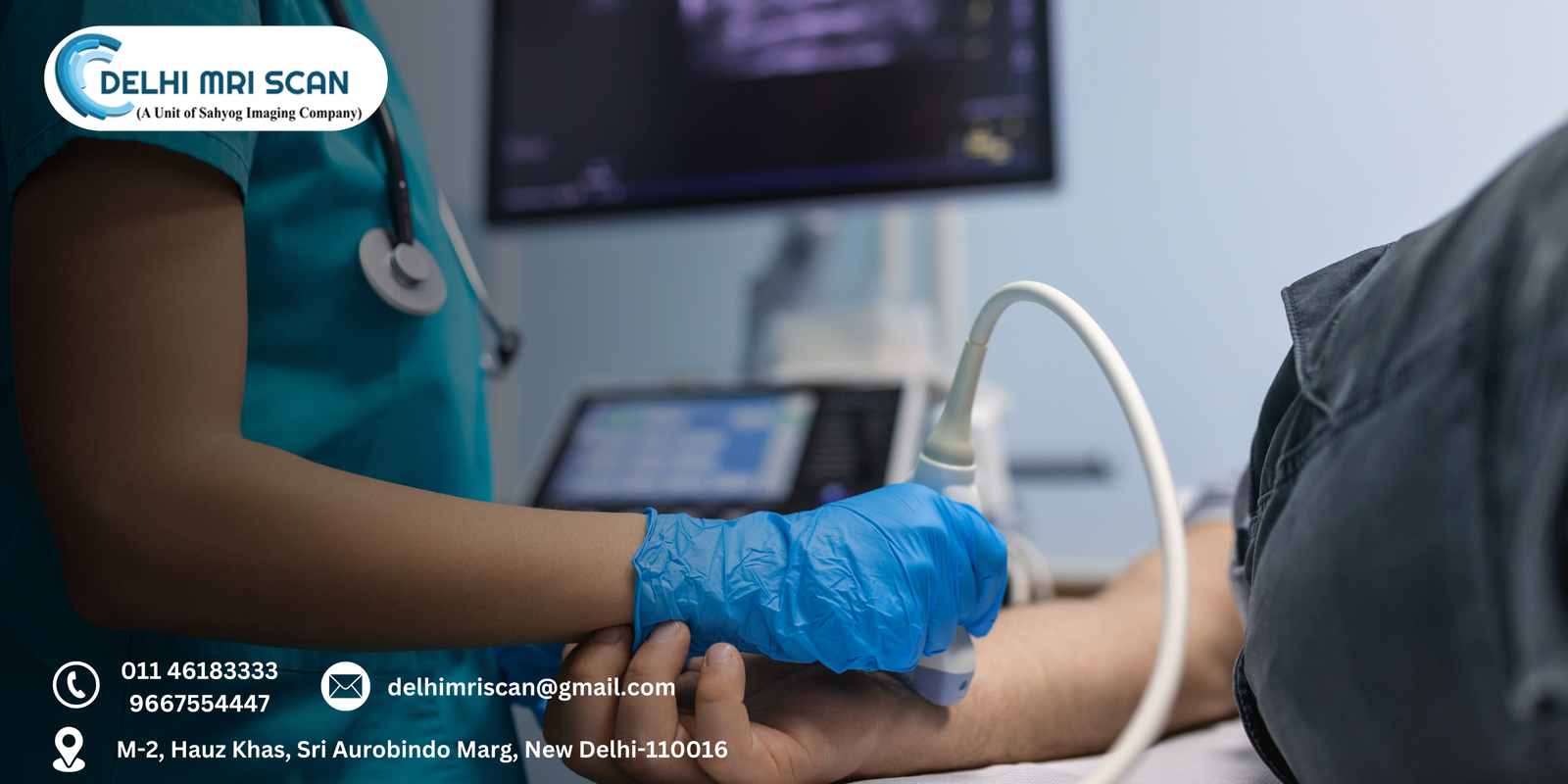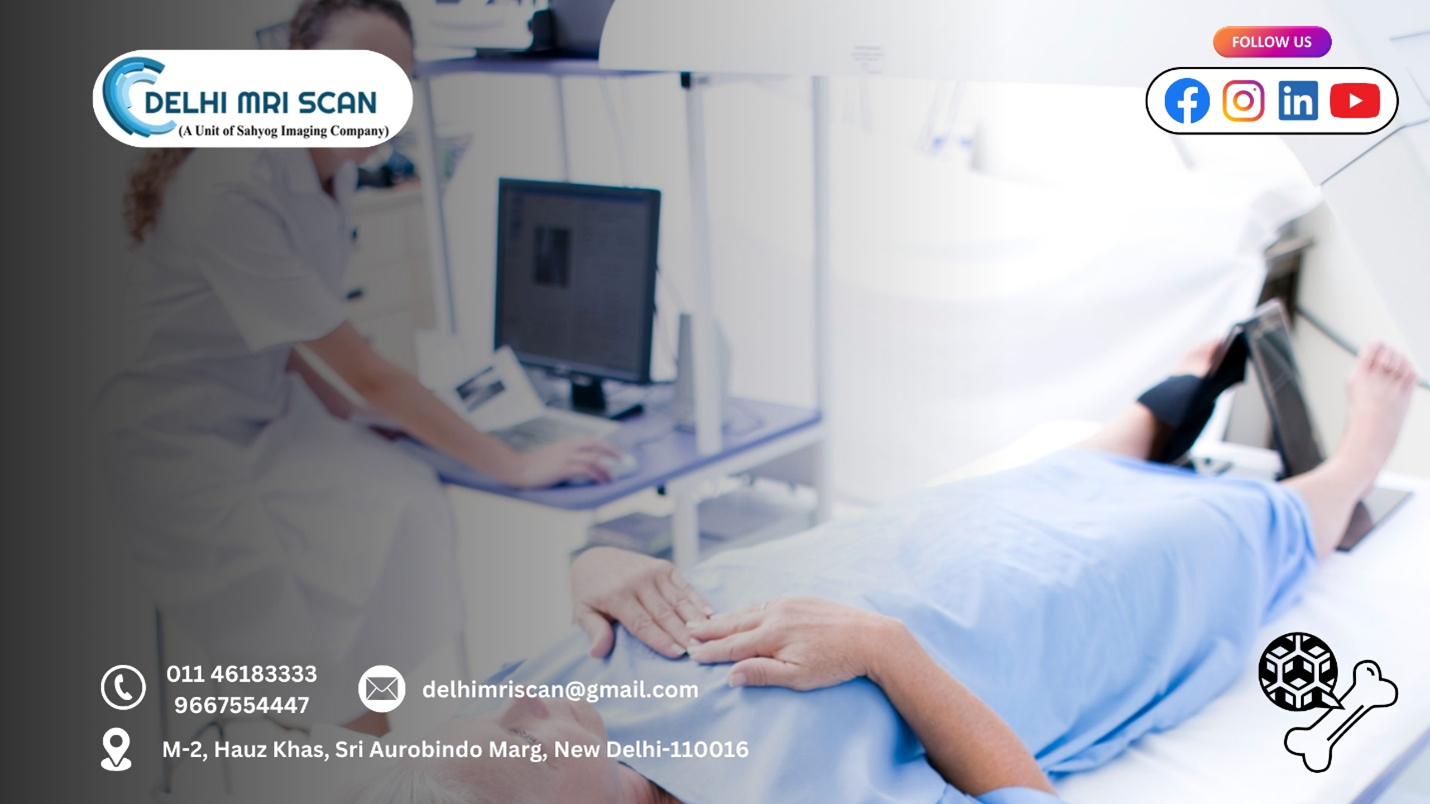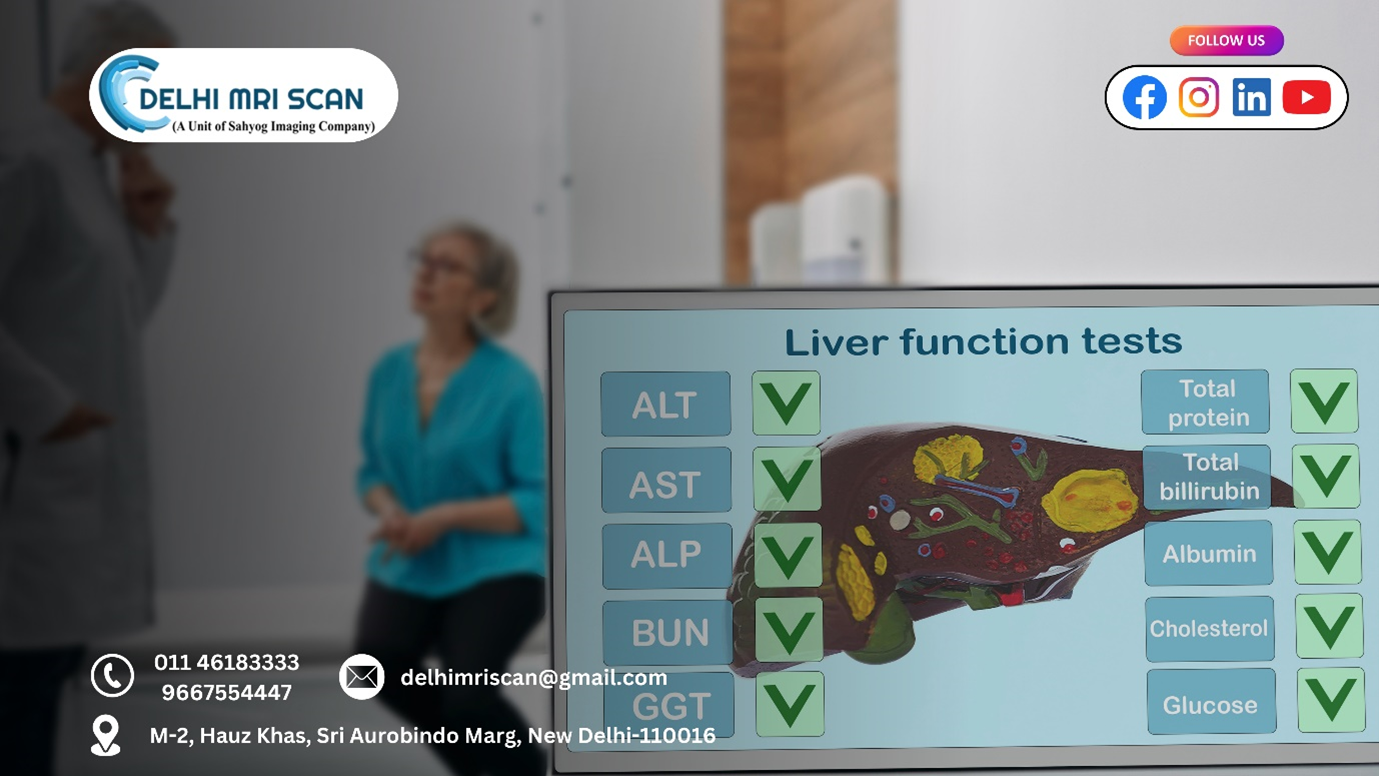2024-04-02
What is Echo Cardiography?
Echo Cardiography: A test that uses ultrasound waves to produce images of the heart, assessing its structure and function.
Type of Echo Cardiography:
- Type: Diagnostic imaging technology.
- Subtypes: Includes transthoracic echocardiogram, transesophageal echocardiogram, and stress echocardiogram.
Benefits of Echo Cardiography:
- Non-Invasive: Safe and painless procedure.
- Detailed Heart Evaluation: Provides comprehensive information about heart size, shape, and function.
- Early Detection: Helps detect heart conditions early.
Why Choose Us?
Delhi MRI Centre stands out as the best diagnostic centre in South Delhi, offering advanced diagnostic services including Echo Cardiography. Our commitment to excellence and patient care ensures accurate and timely diagnosis of heart conditions.
Frequently Asked Questions (FAQs):
- What is the difference between transthoracic and transesophageal echocardiogram?
- Transthoracic echocardiogram is performed externally on the chest, while transesophageal echocardiogram involves inserting a probe into the esophagus for a closer view of the heart. Your cardiologist will recommend the appropriate type based on your condition.
- Is Echo Cardiography safe for all age groups?
- Yes, Echo Cardiography is safe for all age groups, from infants to the elderly. It is a non-invasive procedure with no known side effects.
- How long does an Echo Cardiography procedure take?
- The duration of the procedure varies depending on the type of echocardiogram and the complexity of the evaluation needed. Generally, it takes about 10-15 minutes to an hour.
- Can Echo Cardiography diagnose all heart conditions?
- Echo Cardiography is a valuable tool for diagnosing a wide range of heart conditions, including valve abnormalities, heart defects, and heart muscle disorders. However, additional tests may be needed for certain conditions.
- Do I need to prepare for an Echo Cardiography test?
- Preparation requirements may vary depending on the specific type of echocardiogram. Your healthcare provider will provide you with specific instructions, which may include fasting for a few hours before the test.

